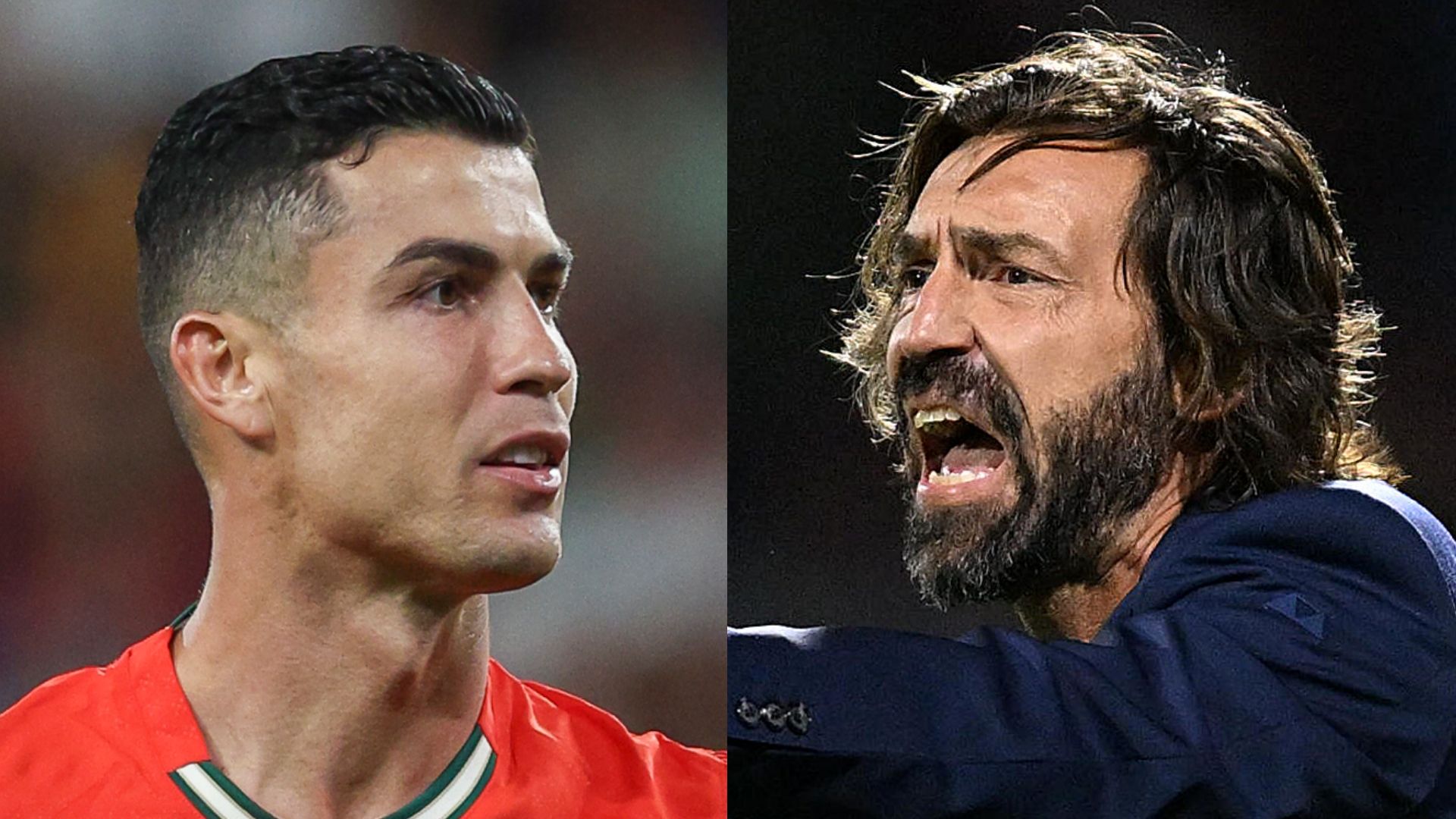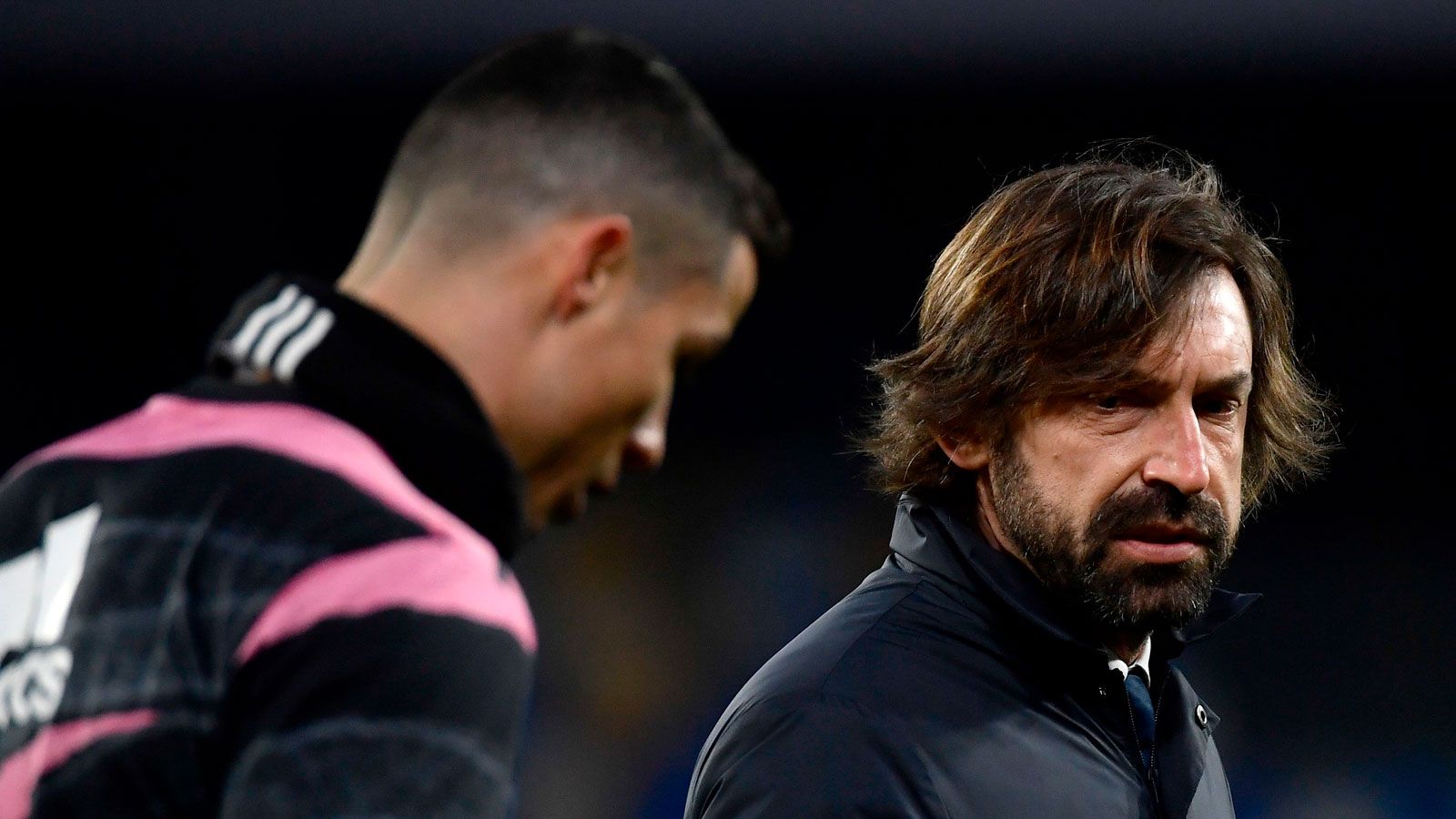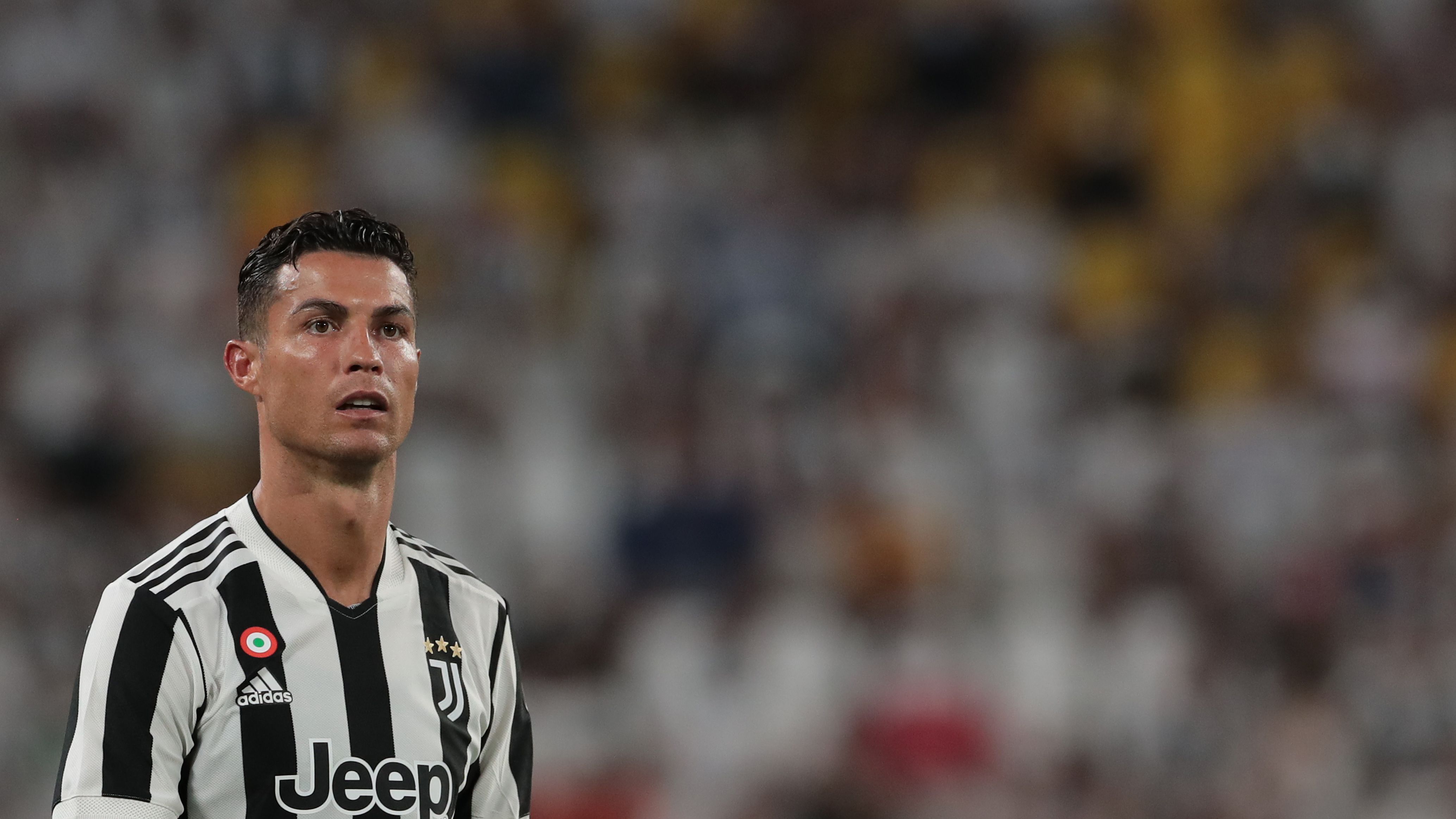


Unveiling the Tactical Struggles of Cristiano Ronaldo at Juventus
While Cristiano Ronaldo‘s time at Juventus delivered an array of goals, silverware, and exceptional dedication, not everything ran smoothly off the pitch. In the 2020-21 campaign under head coach Andrea Pirlo, the Italian icon grappled with aligning his strategic vision against Ronaldo’s dynamic, score-driven approach, creating an ongoing source of friction.
The Tactical Disconnect Between Pirlo and Cristiano Ronaldo
Recent revelations from Erdem, who once served as Pirlo’s assistant at the Turkish club Karagumruk, have brought fresh perspective to the strategic conflicts of that season. In an interview with Bild, Erdem explained that Pirlo held great admiration for Ronaldo’s abilities, but relied on statistical evidence to conclude that the ex-Manchester United forward didn’t mesh well with his emphasis on intense pressing tactics.
Key Preferences and Data Insights from Pirlo’s Perspective
As the 36-year-old manager of Shkupi pointed out, Pirlo leaned towards Álvaro Morata instead of Ronaldo, yet couldn’t sideline the former Real Madrid standout due to Juventus’s substantial €117 million investment. Erdem shared, “After reviewing the analytics from his team, it became evident: Pirlo wasn’t keen on Paulo Dybala, and Cristiano Ronaldo simply didn’t fit his tactical framework.”
He elaborated, “Pirlo aimed for a high-press strategy, and the figures clearly indicated that Cristiano Ronaldo lagged in sprinting efforts. He wasn’t the ideal choice, but circumstances left no alternative-that’s just how Ronaldo operated.” Expanding on this, Erdem noted, “Morata aligned perfectly with Pirlo’s 4-4-2 setup, whereas Ronaldo’s presence disrupted the overall structure, leaving Pirlo with limited options to adapt.”
Navigating the Complexities of Coaching Cristiano Ronaldo
Handling a player of Ronaldo’s caliber has proven to be a formidable task for even the most seasoned managers, a reality Pirlo encountered during his Juventus tenure. Ronaldo’s dominant presence, unyielding drive, and commitment to peak performance often clashed with the need to enforce team strategy and cohesion.
Lessons from Other Managerial Encounters
For instance, Maurizio Sarri, who guided Ronaldo at Juventus in the 2019-20 season, confessed that fitting him into a structured formation was challenging. Sarri frequently dealt with irritation as he tried to merge Ronaldo’s spontaneous offensive flair with his desired organized gameplay. Nonetheless, he praised Ronaldo’s capacity to maintain concentration and rebound from difficulties, underscoring his top-tier mindset.
Similarly, Jose Mourinho’s collaboration with Ronaldo at Real Madrid involved a blend of mutual regard and ego-driven tensions. Mourinho portrayed coaching Ronaldo as a lesson in releasing tight reins, recognizing that elite athletes thrive with autonomy over strict guidelines.
Over at Manchester United, both Erik ten Hag and Ralf Rangnick dealt with comparable issues. Ten Hag managed Ronaldo’s frustration regarding limited minutes, which escalated to him declining a substitute role in a game. Rangnick also endured public challenges to his leadership from Ronaldo, who scrutinized his expertise. These episodes highlighted how a star player’s individual expectations can eclipse collective team goals.
Additionally, Fernando Santos, who worked extensively with Ronaldo for Portugal, experienced strain during the 2022 World Cup. Choices to replace Ronaldo on the field sparked evident discontent and affected the squad’s spirit.
Cristiano Ronaldo’s Standout Performances at Juventus
In his final season with the club, Ronaldo netted 36 goals across 44 outings, claiming the Serie A top scorer title with 29 strikes. He set a record as the quickest Juventus player to hit 100 goals in only 131 matches. Although Juventus placed fourth and captured the Coppa Italia and Supercoppa Italiana, Ronaldo’s emphasis on direct goal-scoring diverged from Pirlo’s ball-retention style, maintaining a level of mutual respect. This period ultimately ended Juventus’s dominant nine-year reign in Serie A.
The Critique from the Former Juventus Coach
In the world of football, where star players like Cristiano Ronaldo often dominate headlines, it’s fascinating to dive into the candid critiques from those who’ve coached at the highest levels. A former Juventus coach has openly discussed shortcomings in Ronaldo’s game, particularly in a key area that influenced decisions like Andrea Pirlo’s preference for Alvaro Morata. This insight sheds light on how tactical choices in football can prioritize team dynamics over individual stardom, especially during Ronaldo’s stint as the ex-Man Utd star at Juventus.
Key Areas of Ronaldo’s Critique
One of the most discussed aspects of Cristiano Ronaldo’s play during his Juventus tenure was his positioning and pressing intensity. The former Juventus coach highlighted how Ronaldo’s style, while exceptional in scoring and creating chances, sometimes lacked the relentless defensive work rate needed in modern football tactics. Keywords like “Cristiano Ronaldo critique” and “Juventus coach analysis” often surface in debates about this, as coaches seek players who can contribute both offensively and defensively.
For instance, the coach pointed out that Ronaldo’s high-energy runs and goal-scoring prowess were undeniable, but his reluctance to track back and press opponents could disrupt the team’s overall shape. This is crucial in high-stakes matches where maintaining possession and controlling the midfield becomes a game-changer. In explaining this, the former coach noted that such inconsistencies might have played a role in Andrea Pirlo’s decisions as Juventus manager, where Pirlo opted for Alvaro Morata’s more versatile approach. Morata, known for his ability to link play and drop deeper when needed, offered a balanced option that aligned better with Pirlo’s vision for a fluid attacking line.
Why Andrea Pirlo Preferred Alvaro Morata
Andrea Pirlo’s preference for Alvaro Morata over Cristiano Ronaldo wasn’t just about individual talent; it was rooted in tactical fit and team harmony. During Pirlo’s time at Juventus, the team experimented with formations that emphasized quick transitions and collective pressing, making Morata’s all-around skills more appealing. The former Juventus coach elaborated that Morata’s willingness to engage in build-up play and his smarter off-the-ball movements allowed for better integration with the midfield, a key factor in SEO-related searches like “Pirlo’s Morata preference over Ronaldo.”
In contrast, Ronaldo’s style, while effective for isolated moments of brilliance, could sometimes isolate him from the rest of the attack. This critique isn’t meant to diminish Ronaldo’s legacy-after all, as the ex-Man Utd star, he’s one of the greatest goal-scorers in history-but it underscores the evolving demands of football coaching. For Pirlo, choosing Morata meant fostering a more cohesive unit, where every player contributed to both phases of play.
Benefits of a Balanced Attack in Football
Focusing on the broader implications, opting for a player like Morata can yield significant benefits for teams aiming for long-term success. A balanced attack reduces dependency on a single star, lowering the risk of burnout and enhancing overall team resilience. For football enthusiasts searching for “benefits of versatile forwards like Morata,” this approach can lead to:
- Improved Team Dynamics: Players who press and link play effectively create more opportunities for counter-attacks, making the team harder to defend against.
- Injury Management: By distributing the workload, coaches can manage player fatigue, ensuring key players like Ronaldo remain fresh for crucial games.
- Tactical Flexibility: Teams can switch formations mid-game without losing effectiveness, as seen in Juventus’ matches under Pirlo.
These benefits highlight why coaches increasingly value multi-faceted players, a trend that’s gaining traction in professional football circles.
Case Studies from Juventus’ Seasons
Looking at real-world examples, Juventus’ 2020-2021 season under Andrea Pirlo provides a compelling case study. During this period, Morata started in several key fixtures where Ronaldo was on the bench, leading to notable wins against teams like Inter Milan. In one match, Morata’s intelligent runs created space for midfielders, directly contributing to a 2-1 victory. This case illustrates how Pirlo’s trust in Morata stemmed from his ability to adapt, aligning with the former Juventus coach’s critiques of Ronaldo’s occasional predictability.
Another case from the same season involved a Champions League tie, where Morata’s pressing helped recover the ball higher up the pitch, leading to a goal. In contrast, games where Ronaldo led the line sometimes saw Juventus struggle with transitions, reinforcing the narrative around his critiqued areas.
Practical Tips for Aspiring Football Coaches
If you’re a coach looking to balance star power with team needs, here are some practical tips inspired by this scenario:
- Assess Player Versatility: Always evaluate how a player’s defensive contributions complement their attacking skills-use training drills to test pressing and linking play.
- Rotate Based on Opponents: Study upcoming matches to decide lineups; for instance, choose a more mobile forward like Morata against high-pressing teams.
- Foster Team Communication: Encourage open discussions about roles, as players like Ronaldo can thrive when aligned with the team’s tactical philosophy.
These tips, drawn from high-level coaching experiences, can help budding managers avoid common pitfalls and build more competitive squads.
First-Hand Experiences from Football Experts
Drawing from interviews and analyses, many former players and coaches have shared first-hand experiences that echo these critiques. One expert, reflecting on Ronaldo’s time at Juventus, mentioned how his training sessions revealed a focus on individual drills over team-oriented ones, which could explain the preferences seen under Pirlo. Such insights, often discussed in football forums and articles, provide valuable lessons for fans and coaches alike, emphasizing the importance of adaptability in a player’s career.









